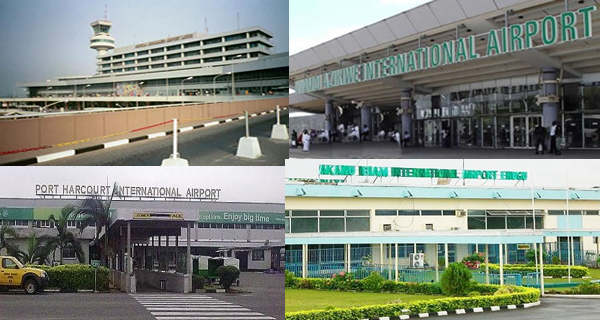
The Federal Government has disclosed plans for substantial investments totaling $22.82 billion across 1,068 oil and gas projects sanctioned between 2022 and 2023.
This significant investment initiative, spanning various regions of the nation, signals a transformative phase for the sector, promising considerable economic gains and heightened production capacities.
The announcement was made during a panel session at the 7th Nigeria International Energy Summit in Abuja, focusing on Nigeria’s trajectory towards optimizing its oil production potential.
Gbenga Komolafe, the Chief Executive Officer of the Nigeria Upstream Petroleum Regulatory Commission (NUPRC), underscored Nigeria’s technical prowess, capable of producing 2.26 million barrels of crude oil daily.
He provided insights into Nigeria’s strategy to align closely with the oil production quota set by the Organisation of Petroleum Exporting Countries (OPEC), highlighting the nation’s ongoing endeavors and notable progress in the oil sector.
Komolafe outlined key achievements, including the approval of 51 Field Development Plans expected to attract $17.64 billion in investment inflows.
These plans aim to deliver cumulative oil recovery and gas recovery estimated at 2.12 billion barrels and 13.13 trillion cubic feet, respectively, over the next five years.
Furthermore, he highlighted investments totaling approximately $2.5 billion in 175 drilling wells and $2.68 billion in 842 well workovers and other well intervention activities between 2022 and 2023.
These investments are anticipated to result in increased average oil production, with a noteworthy 275% growth in rig count observed over the past year.
Komolafe also emphasized the early achievements in recently operationalized fields, such as Ikike (Total), Efe field (Newcross), Utapate (NEPL), Akubo Field (SEEPCo), and Oyo (General Hydrocarbon), among others.
Addressing the gap between Nigeria’s current oil production, averaging 1.33 million barrels per day, and its technical potential, Komolafe highlighted this as a lucrative opportunity for investors. He emphasized the potential to enhance revenue, mitigate the foreign exchange gap, and bolster economic resilience by bridging this disparity.
In conclusion, Komolafe reiterated the commission’s commitment to collaborating with International Oil Companies (IOCs) to expedite the maturation and development of high-volume deep offshore assets.





